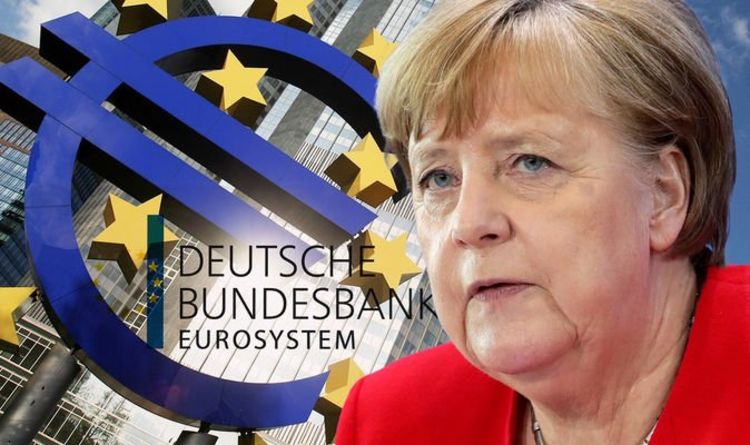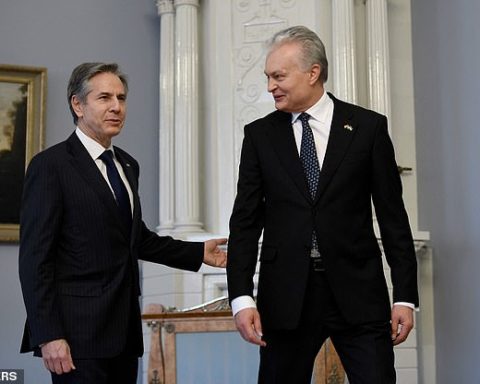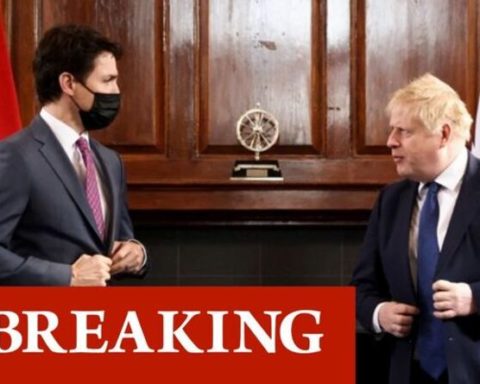And Hans-Olaf Henkel, who stepped down from the assembly in 2019, believes the writing has been on the wall ever since the Bundesbank, Germany’s national bank, “abdicated” its responsibility to the European Central Bank (ECB). Mr Henkel was speaking after the Bundesbank warned that Germany was facing a sharp contraction as a result of ongoing coronavirus restrictions coupled with the collateral damage caused by Brexit.
And while Mr Henkel did not dispute the gloomy projection, he suggested the Bundesbank itself needed to shoulder some of the blame.
The former president of the Federation of German Industries (BDI), told Express.co.uk: “For decades the Deutsche Bundesbank has been an objective and neutral observer of Germany‘s economic situation.
“The Bundesbank‘s economist was in fact regarded as someone like the country’s chief economist.
“It was due to the Bundesbank that the D-Mark became one of the strongest and most admired currencies in the world.
“The Bundesbank revalued the D-Mark seventeen times, each time increasing the purchasing power of the German consumers considerably.
“It was the Bundesbank’s policy which enabled the average German tourist to flood the beaches, hotels and tourist resorts of the world.”
READ MORE: Boris holds crunch phone call with Biden over vaccine rollout
“For Germany the euro is too weak which has one positive bye product: German exports flood the world with cars, machine tools and other manufactured goods.
“For Italy, Greece and other Southern States the euro is too strong which results is low growth if any, high unemployment and increased state debts.”
Even before the coronavirus pandemic, the eurozone had been characterised by much lower economic growth than countries which were not members, such as Poland, Sweden or Denmark, let alone the rest of the world, Mr Henkel said.
He added: “Corona makes it now even worse.
“Like the German Bundesbank abdicated its responsibility for the D-Mark to the ECB‘s euro, the German government delegated the purchasing of sufficient quantities of vaccines to Brussels.
“The result? They didn’t nearly order enough!
“That not only cost lives but it will also slowdown the much needed economic recovery as the Bundesbank’s latest report rightfully shows.”
Eurozone countries were lagging behind not only in terms of vaccination of their populations but also in terms of economic growth, Mr Henkel warned.
He said: “The story of ordering the vaccines for all of the 27 EU countries in Brussels is much the same as the story of the common currency for the 19 Euro countries: a one-size-fits shirt of, say 16 1/2 inches, might fit one person but for most it is either too loose or it is too tight.
“Also, Brussels clearly overstepped its area of responsibility because in the Lisbon treaty health has explicitly remained a responsibility by the individual EU countries.”




